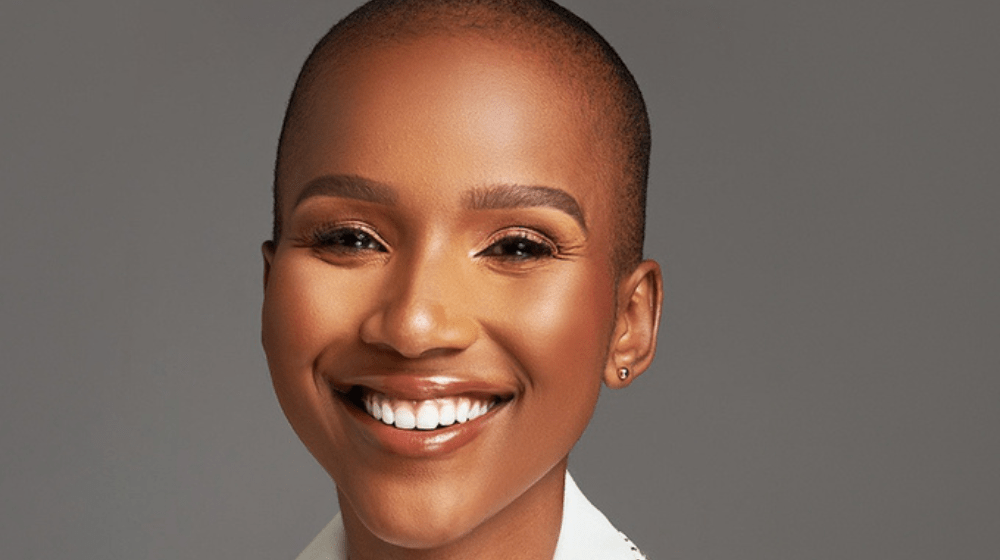Blog by Shudufhadzo Musida, Miss South Africa 2020 and Regional Champion for UNFPA East and Southern Africa, to commemorate the International Day of the African Child: the rights of the child in the digital environment
In this digital age, my mobile phone is an extension of myself, and a popular device for millions of others. Not too long ago, I marvelled at my first mobile phone and immersed myself in the considerable power of this little piece of equipment in my hands. It became my own personal tool of growth, my bridge to distant souls, a portal of knowledge and entertainment.
This International Day of the African Child focuses on the rights of the child in the digital environment. Image supplied.
Shudufhadzo Musida, Miss South Africa 2020 and Regional Champion for UNFPA East and Southern Africa. Image supplied
I am blessed to be born in the golden age of the digital revolution – where borders do not exist and we can connect with anyone across the globe – all with a tap on the phone. However, technology is a double-edged sword; it brings both advantages and disadvantages. It's our choice to wield it wisely and harness its benefits while mitigating its pitfalls. For vulnerable people, especially children, the digital realm presents its own tribulations.
Today, June 16, is the International Day of the African Child. We need to reflect on the remarkable prospects and worrying challenges that the digital age presents for African children. This occasion serves as a moment to illuminate the rights of children in the digital era, as well as to explore avenues that guarantee their safety, well-being and empowerment in the online realm.
As a champion of mental well-being, this resonates deeply with me.
Did you know that by 2025, more than 440 million African children will be traversing the virtual universe? That’s a staggering 30 per cent of the continent's populace. The internet, s
ocial media and mobile devices intertwine with the lives of African children. This surge of connectivity magnifies the urgency to safeguard the rights of these young people.
As we champion their digital rights, let us not overlook the intersection with other pressing issues. While the digital landscape can offer knowledge and resources for sexual and reproductive health, it also exposes children to misinformation, cyberbullying and toxic relationships. These perils heighten the risk of early or unintended pregnancies.
By addressing children's rights in the digital environment, we empower them to make informed choices. Education is a fundamental right for African children, and the internet serves as an invaluable tool for their growth and learning. Yet, we must not overlook their vulnerability to online threats. Let us forge a safe digital space, fostering their exploration and education without fear.
In addition, comprehensive sexuality education stands as a critical pillar in preventing teen pregnancy. Shockingly, in many African countries, less than 40 per cent of young women and men access such education, leaving them uninformed and vulnerable to negative consequences. However, online spaces possess the power to shape adolescents' attitudes, behaviours and perceptions regarding relationships and sexuality. Platforms providing accurate, age-appropriate information can positively impact their sexual and reproductive health outcomes, delaying sexual activity and equipping them with knowledge of available health services.
On this International Day of the African Child, we must confront the gender digital divide. Let us strive for an internet that embraces and protects our girls. Every girl should possess agency over her body, her life and her future. Digital connectivity for girls is not a luxury; it is a matter of human rights. We must not turn a blind eye to the online abuse they endure. Unite, raise our metaphorical swords, and vanquish this battle against online violence.
Together, let us pave the way for African children to navigate the digital landscape safely, access quality information and flourish in this era of digital wonder. Our duty lies in shielding our children, especially our girls, and empowering them to become the leaders of tomorrow.



